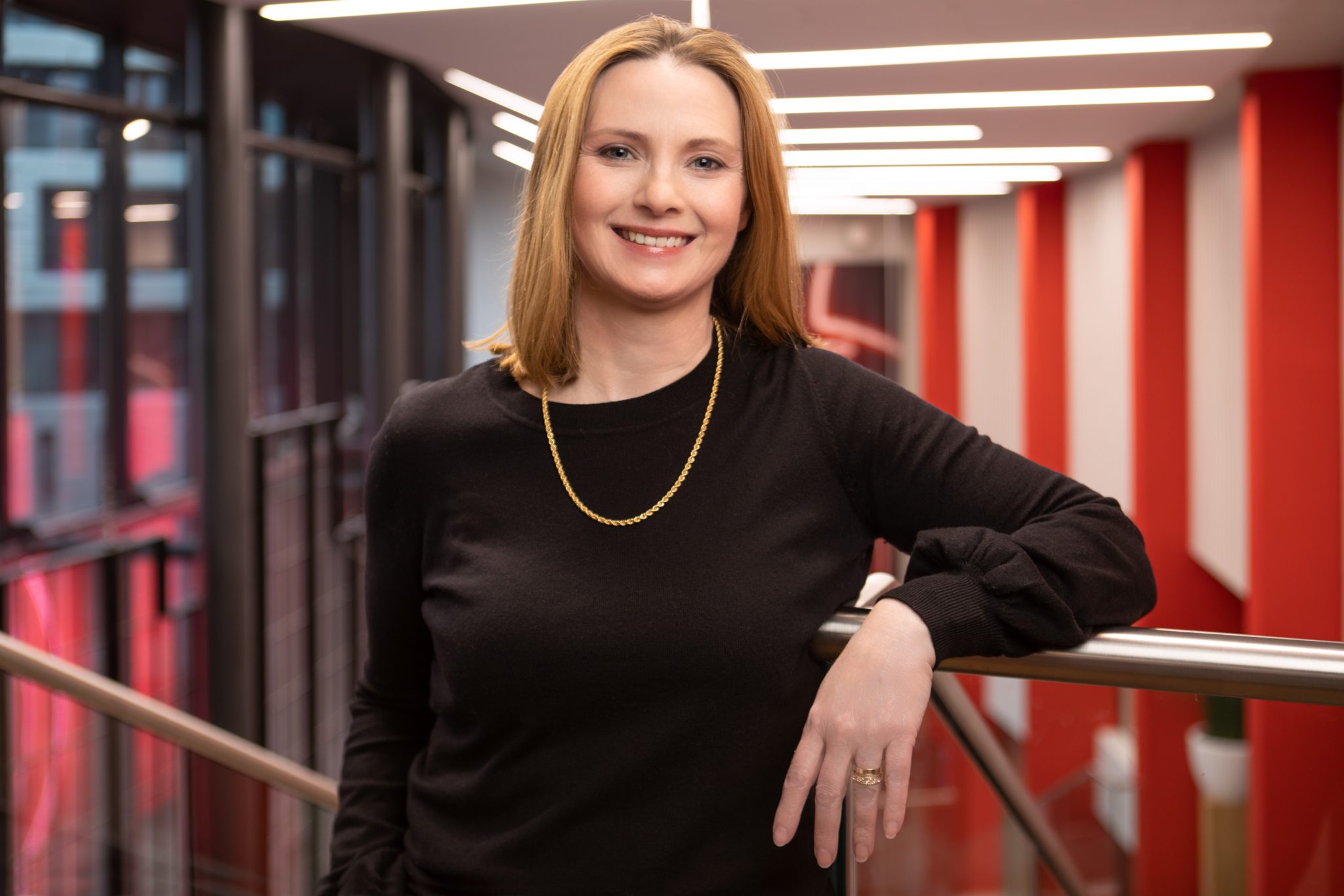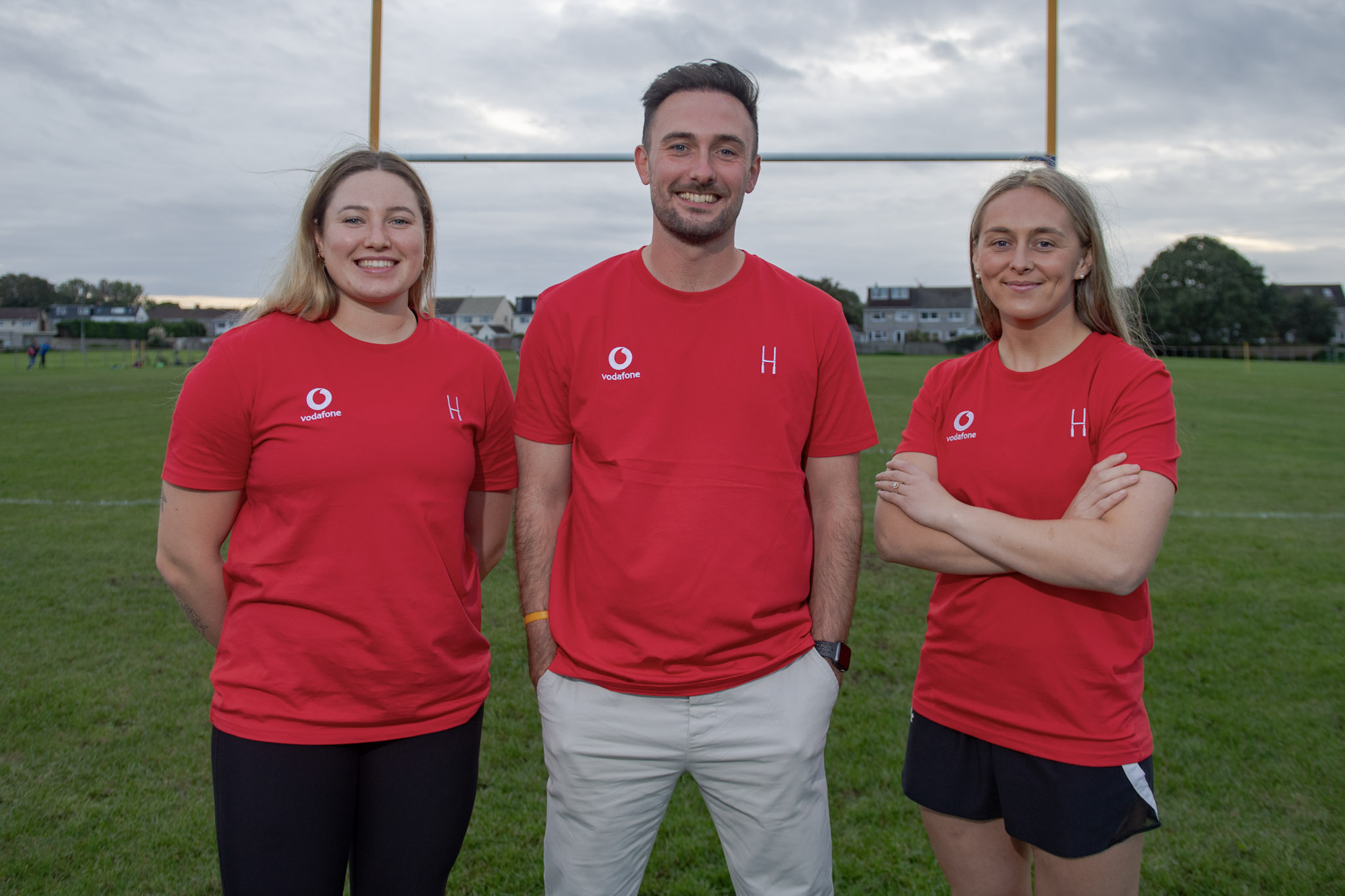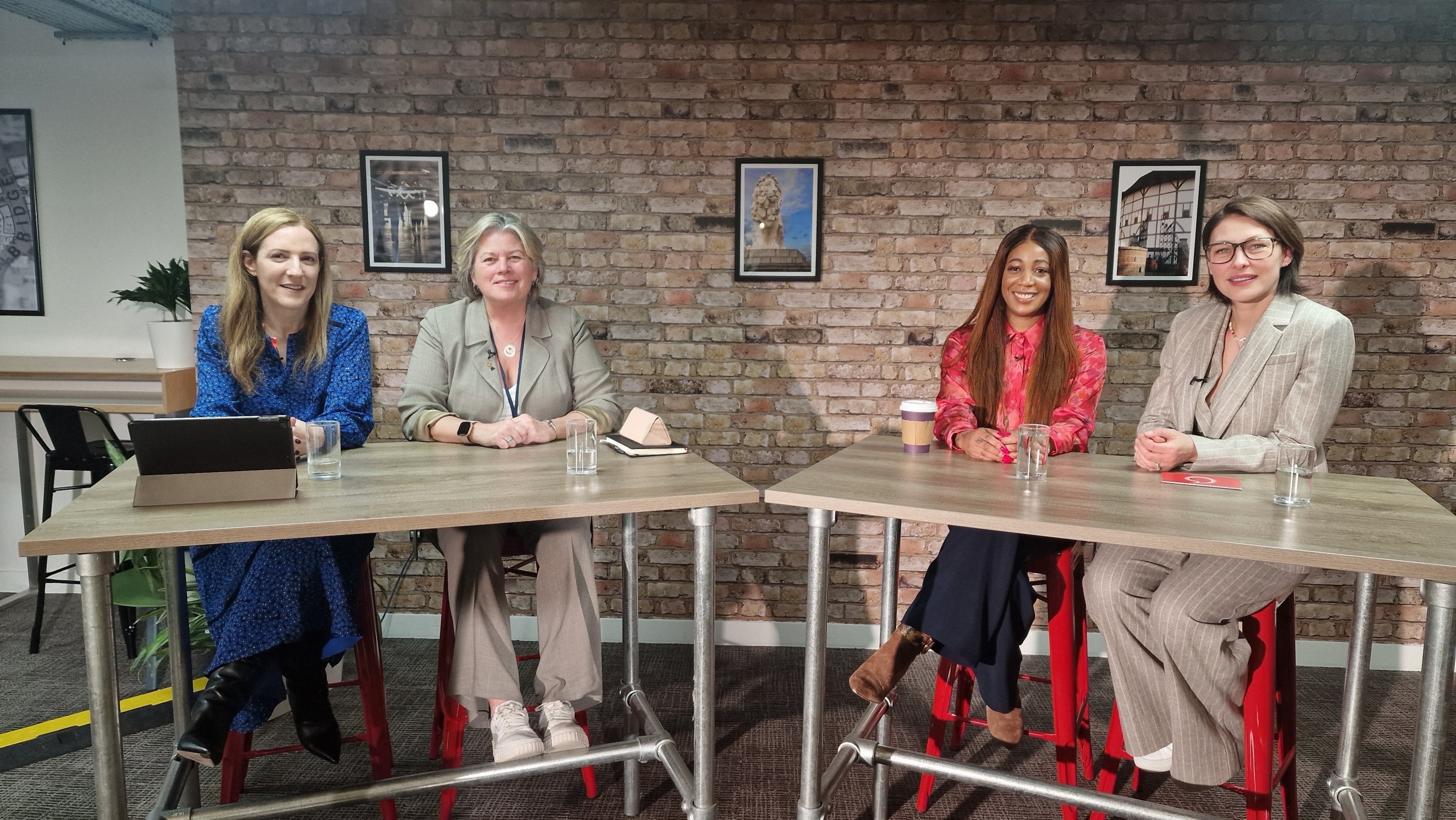
Helen Lamprell, General Counsel and External Affairs Director, Vodafone UK, reflects on the company's success at attracting and supporting women in the workplace, but acknowledges that there is much more to do.
It was a great pleasure speaking at Westminster Insight’s Women Mean Business event on Monday, discussing how we can all do more to support women’s progress in the workplace.
This is a topic close to my heart, not only because I wholeheartedly support Vodafone’s pledge to become the Best Employer for Women by 2025, but also because I sit on the Women’s Business Council, helping to promote women’s roles and advising companies on how best to do so.
In my near 10 years at Vodafone, I’ve seen a lot of progress. We’ve achieved 50:50 gender balance on our UK board, and we’ve exceeded our target of 30% females in senior leadership positions. Now we’ve set a new target of 45% senior female representation by 2030.
We’ve constantly emphasised that technology is not solely the preserve of men. From Michelle Willis, Head of Technology Operations, to award-winning engineers like Natasha Carpenter, we have women in all roles helping to run one of the UK’s most successful technology companies.
They are integral to a business that is driving the adoption of the very latest technologies – 5G, artificial intelligence, Internet of Things – and which is also winning awards left, right and centre!
I believe our achievements stem from our commitment to enabling women at all stages of their careers and celebrating their successes.
The big picture
How have we done this?
Firstly, and perhaps most importantly, we’ve had active support from senior leadership. At Group level, our former CEO Vittorio Colao was a massive advocate for women and pioneered industry-leading maternity leave policies and our ‘Reconnect’ programme supporting women back into the workplace after career breaks.
And current Group CEO Nick Read and the board have introduced some spectacular initiatives, such as our new Global Parental Leave policy that will offer Vodafone employees – in each of the 24 countries where we operate – a minimum of 16 weeks of paid leave. The UK version of the policy is scheduled to come into force in 2021.
In the UK, CEO Nick Jeffery took personal responsibility to drive the creation of our 50:50 gender-balanced board. I’ve enjoyed working with all my colleagues over the years, but the dynamic has certainly shifted now that we have more women in senior roles.
Secondly, we’ve made this everyone’s issue, because building an inclusive culture that benefits everyone is everyone’s responsibility. It doesn’t work if it is just “HR’s job”. And gender diversity does benefit the entire company – there’s plenty of evidence to back this up now.
Equality and inclusion programmes and mandatory training for colleagues at all levels – not just senior management – are a key part of this ‘all for one’ approach. And, in the days when we could hold events, receiving the active support of our male colleagues for activities like International Women’s Day has helped create a positive energy.
And thirdly, we’ve taken a cold hard look at the issues that hold women back and prevent them from progressing at work, commissioning research to inform our policies and spread best practice.
We’ve examined how we recruit, how we train, how we support women on maternity leave and those who want to return after having children or taking a career break.
We’ve studied and challenged the outdated attitudes that subtly suggest to girls and young women that STEM [science, technology, engineering, maths] subjects and careers aren’t for them. Our support for the CodeLikeAGirl programme, that teaches girls and young women aged 14-18 how to code, is just one example of how we’re tackling these outdated gender-based attitudes.
So we’ve looked at the whole picture, in other words. And this picture, of course, includes men.
Gender pay gap
We’ve done a lot that we should be rightly proud of. But some issues are stubbornly resistant to change, and one of those is the gender pay gap – the difference in average earnings between men and women.
At Vodafone, we’re making progress: this year, our gender pay gap was calculated as 10.9%. In 2018, it was 16.1%. But I believe we can do better if we tackle the number one reason why this gap is so persistent – the unequal distribution of caring responsibilities.
Balancing family and career has always been difficult for women. Lockdown has only made it harder, as thousands found ‘teacher’ being added to their job description!
Our radical new parental leave policy is attempting to redress this imbalance, enabling men and secondary carers to take a greater role in caring and so give women the space to progress at work.
Flexible working
The COVID-19 pandemic has transformed many businesses’ attitudes towards flexible and remote working. We’ve shown that with the right digital technology and collaboration software people can be just as – if not more – effective working from home than in an office.
But in this ‘new normal’ situation we need to make doubly sure we’re providing the right kind of support for our colleagues, some of whom may find home working difficult for a number of reasons. Sadly, some may be in abusive relationships where the pressure-cooker environment of home in lockdown is stressful or even dangerous.
During the crisis, we’ve been running regular check-ins to ask people what they need, practically and emotionally.
In summary
Here are the key points to achieve success:
• Secure the commitment of senior leaders – they must become champions for change.
• Use employee networks to listen, learn and exchange ideas – do you really know what your female colleagues are thinking and how they are feeling?
• Create an open culture – in October, we’re launching the Withstander Programme, encouraging our people to call out non-inclusive behaviours when they witness them. We will also promote “active allyship”, which highlights the role that our people can play in supporting their colleagues.
• Network – we can achieve so much more when we look beyond our own organisation’s boundaries and learn from other companies.
Making sure women feel involved, valued and supported is better for them and much better for us as a company. We’ve made a great start at Vodafone, but there’s obviously more we can do. Let’s all help make the changes we need to make.
- Follow @VodafoneUKNews on Twitter.






![Neurodiversity illustration[Adobe Stock]](https://www.vodafone.co.uk/newscentre/app/uploads/2024/03/Neurodiversity-illustrationAdobe-Stock.jpg)

![Nicki-Lead_image[OPTIMISED]](https://www.vodafone.co.uk/newscentre/app/uploads/2023/10/Nicki-Lead_imageOPTIMISED.jpg)